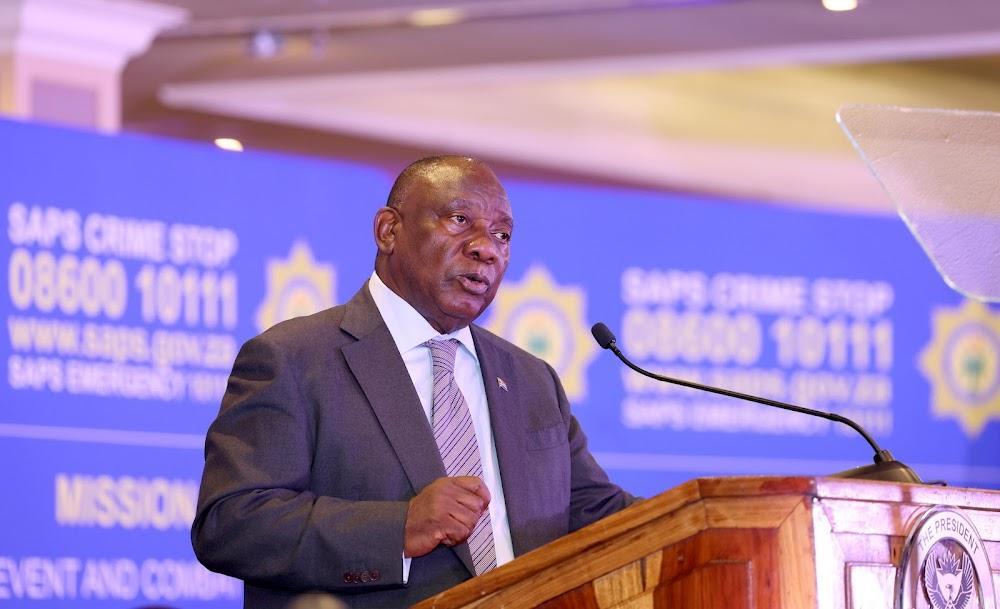Africa-Press – South-Africa. The South African National Editors’ Forum (Sanef) has condemned the “ongoing pattern of exclusion and disrespect” towards the media by some elements in government communications.
The forum expressed its dismay after what it described as the inadequate preparations, unfair treatment and lack of professionalism displayed towards journalists during President Cyril Ramaphosa’s recent oversight visit to the Eastern Cape.
On Tuesday, members of the media were formally invited by the Presidency, through the Government Communication and Information System (GCIS), to cover Ramaphosa’s visit to the Port of Ngqura in Gqeberha. Journalists were accredited and sent on assignment by their respective newsrooms to provide coverage of this important public event, only to be met with blatant disregard and exclusion upon arrival, said Sanef.
“In a shocking display of unfairness, only a select few television cameras were allowed to follow the president. The rest of the media cohort, which included print, online and radio journalists, was left waiting idly for more than two hours without access, information or updates,” Sanef said.
The only glimpse they had of the president was as his convoy drove past them, with no opportunity to ask questions or engage meaningfully.
Sanef said no explanations or apologies were offered “for this unacceptable treatment”.
“This is not only a failure in planning but a gross insult to the media and, by extension, the South African public. Journalists were not invited for ceremonial purposes.
“Their presence was to ensure public transparency, accountability and proper reporting on matters of national interest. To treat them as an afterthought is to undermine their constitutional role.”
Journalists were not mere spectators but were public watchdogs tasked with holding power to account, Sanef said.
“The president has conspicuously avoided an engagement with the media, as he last took questions from the media in 2023. This is despite his public commitment to do so and repeated requests and letters to his office, with the latter requests having unashamedly gone unanswered.”
Sanef said this was not to be confused with one-on-one interviews with selected media houses that the Presidency chose to do and the fleeting “doorstop” moments at public events.
It had been a practice in this country and other countries for the head of state to regularly engage with the media.
“Ignoring, sidelining, or selectively granting access to media practitioners goes against the democratic values of fairness, equality, openness, and transparency.”
Sanef said all of Ramaphosa’s predecessors in the post-1994 era — from the late Nelson Mandela to former president Jacob Zuma — kept to this established practice.
It said the continued marginalisation of journalists, particularly by the highest office in the land, set a worrying precedent and must be discouraged. Government communication must be inclusive, transparent and professional at all times, Sanef said.
“Sanef expects an explanation from the presidency and GCIS about the Gqeberha incident. We equally request a prompt review of their media engagement protocols to ensure that this kind of poor treatment of the media does not happen again.”
For More News And Analysis About South-Africa Follow Africa-Press






